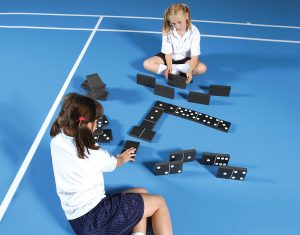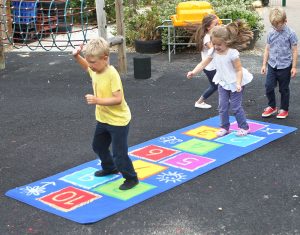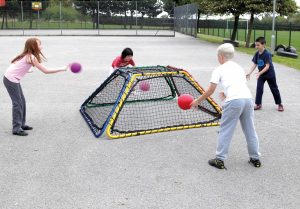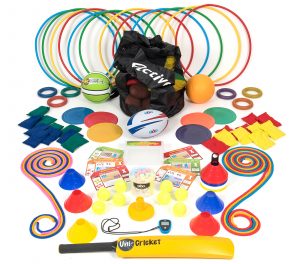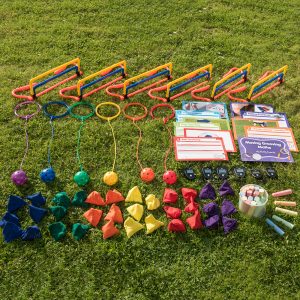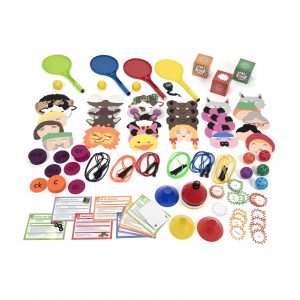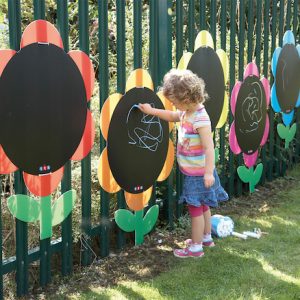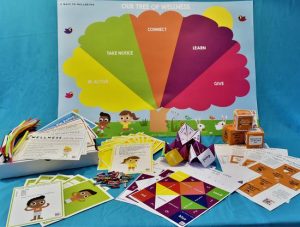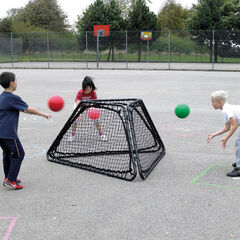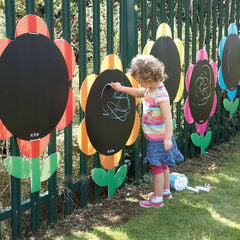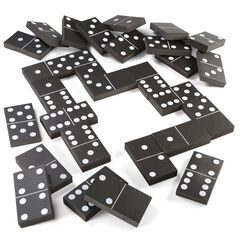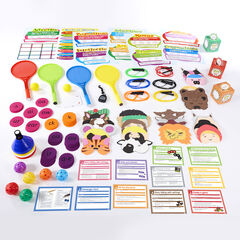As children have returned to school, we are wondering what it may be like for them coming back? And what will be the short and longer term consequences for them?
Prof Russell Viner, president of the Royal College of Paediatrics and Child Health, said that “When we close schools, we close their lives.”(Jan 2021). He described the pandemic as having caused a range of harms to children across the board from being isolated and lonely to suffering from sleep problems and reduced physical activity.
Let’s consider what we have all experienced at some point over the last year regardless of our age, our home life or our family structure. Loss. And loss has been and continues to be everywhere; the loss of daily routines; the loss of spending time with friends and extended family; loss of income and security; loss of opportunity; loss of confidence, loss of a safe space to be and maybe loss through death. Individuals process these losses differently and what may be harder for children is for them to recognise, understand and manage the emotions that loss can create.
Barry Carpenter CBE, Professor of Mental Health in Education, Oxford Brookes University says “From loss emanates three significant dynamics that will impact majorly on the mental health of children. Anxiety, trauma and bereavement are powerful forces.” (2020)
A move away from talk of the need to ‘catch up’ or close the gap’ and to a positive approach to supporting children’s wellbeing, will in turn enable them to be happy, healthy learners.
As a strong advocate of the role physical activity and high quality PE can play in the development of the whole child and having read Barry Carpenter’s ‘5 levers’ on which he suggests a recovery curriculum is built using a “systematic, relationships-based approach to reigniting the flame of learning of each child”, I strongly believe there is role PE, School Sports and Physical Activity can have in a sensitive, planned curriculum.
We can use the power that physical activity, PE and school sport has to support the emotional and physical health of all pupils.
The 5 Levers
- Lever 1: Relationships – use the relationships we build to cushion the discomfort of returning.
- Lever 2: Community – we need to listen to what has happened in this time, understand the needs of our community and engage them in the transitioning of learning back into school.
- Lever 3: Transparent Curriculum – all of our students will feel like they have lost time in learning and we must show them how we are addressing these gaps.
- Lever 4: Metacognition – in different environments, students will have been learning in different ways. It is vital that we make the skills for learning in a school environment explicit to our students to reskill and rebuild their confidence as learners.
- Lever 5: Space – to be, to rediscover self, and to find their voice on learning in this issue.
Relationships
Consider the opportunities that your PE, school sport and physical activity provide for relationship building between pupils themselves and also between pupils and school staff.
Do we provide opportunities for ALL children to be active with others at break and lunchtime? Do we offer stimulating spaces, resources and adult role modelling? Do we engage Year 6 sport/play leaders to help facilitate activities with younger peers? And are we supporting the lunch/break time supervisors with appropriate CPD and resources to help them inspire activity?
Try some paired activities, such as Jumbo Dominoes or Hop Scotch Mats, some small group games with the Quad Bound Rebounder for KS2, or use a Playground/Mini Leader Playground Kit.
PE provides another opportunity to develop social skills with a focus on communication, team work, paired activities, cooperative games and problem solving and enjoyment. This will all help relationship building and in turn social skills, confidence and an improved sense of self.
Being Active
Spend some time talking to pupils about how, and if, they have been active during lockdown. Encourage children to share how they are physically active outside of school. What do they enjoy or not enjoy about it? Try to provide opportunities for children to share what they have done with others? They could create a display together to showcase activities. Or, encourage children to make a book of games they have played that they can share with each other.
PE Curriculum
Consider PE provision in school. This is where the sequencing of your PE curriculum is critical. Have we taken time to acknowledge where the children are and what they need in PE,? This may require revisiting previous learning to re-engage and support. Again let’s use PE to develop the whole child including their creative, social and cognitive skills. It is a subject perfectly placed to support personal skill development, enhance self-esteem and an improved sense of wellbeing. Along with our physical outcomes for PE lessons, what are the personal outcomes we are also supporting?
Active Learning Across The Curriculum
We know how active pupils learn better, so we can consider active lessons in subjects other than PE. Take maths and english outsid! Try number hunts, active story telling or drama in the school grounds. Release the feel good hormones, stimulate blood flow to the brain and help children to be happy, healthy learners.
Take a look at Moving Grooving Maths Programme, Get On Your Feet – Outdoor Literacy or the Outdoor Mark Making Daisies.
Space
PE, school sport and physical activity provide opportunities for self-expression. Children learn to be creative, imaginative and develop emotional resilience. We can support this by providing them with choice and space to challenge themselves, to develop new skills, new games and rules, to problem solve, to choreograph sequences, and to play as part of a team or independently.
PE, school sport and physical activity have always had an important role to play in children’s lives and development and now I believe more than ever it can rightfully sit at the heart of the curriculum and help our children on their onward journey as happy, healthy individuals.
Thank you to Philippa Youlden for writing this blog for us.
Philippa Youlden is a freelance PE, sport, wellbeing and education consultant passionate about the power of movement, activity and high quality PE and school sport opportunities for all children. Philippa works nationally delivering CPD, developing educational campaigns and writing resources for a range of organisations and school networks, supporting children to enjoy, thrive and fulfil their potential through PE, sport and physical activity. www.philippayoulden.co.uk
You can also take a look at WELLNESS with Zip Active to support EYFS and KS1 Wellbeing through physical activity, and MOVE with Zip Active supporting EYFS and KS1 fundamental movement skill development and communication and language through movement.


